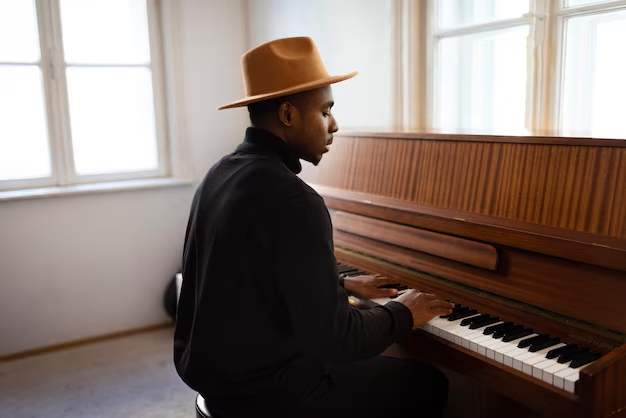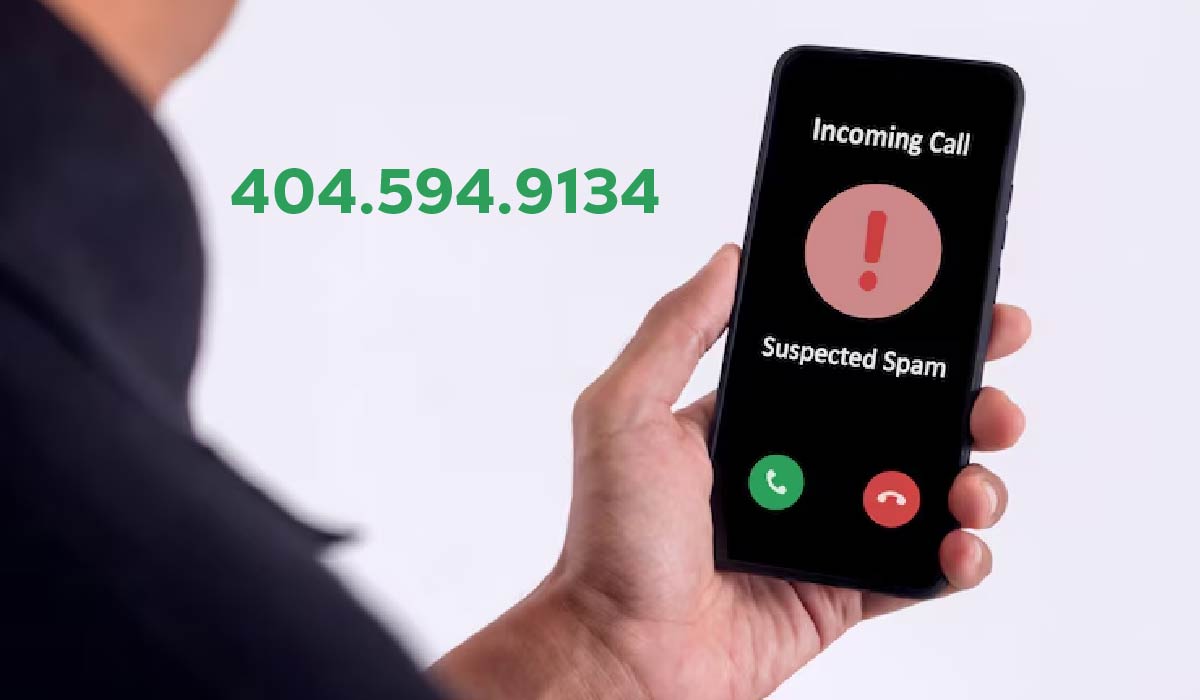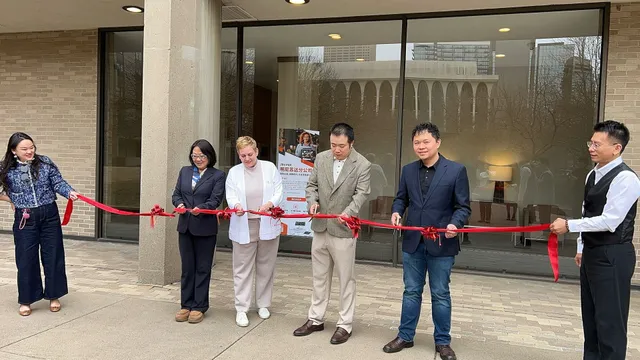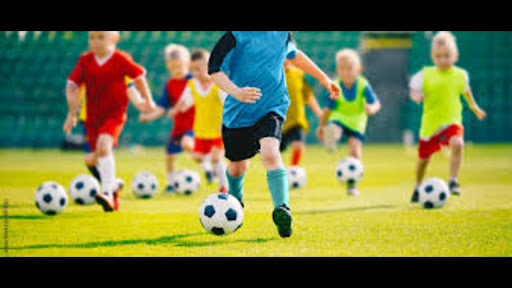
It’s often like taking a rusty bike out of the garage when you’re an adult learning something new. Although there is potential, you will inevitably wobble since the chain squeaks. It’s a common misconception that adults’ brains are less malleable than children’s, but that is untrue.
Sure, adults learn differently, but not any less effectively. Learning to play the piano is the ideal approach to demonstrate this. The piano offers something timeless: music that you make with your own two hands, unlike fad pastimes that leave you with deflated yoga balls or cluttered closets.
But the piano is a modest invitation—just a place on the bench, no uniform, no requirements. It is both difficult and forgiving, which is uncommon in a world where streaming services are always analyzing your viewing habits.
Piano lessons are a great way for people to find a balance between the rigors of everyday life and the desire for something more fulfilling.
1. Rediscovering the Joy of Learning
Their parents enroll their children in piano lessons. Adults, however, make their own decisions about taking piano lessons. The scene is established for an entirely different experience just by that. As a result, it’s critical to strategically include adult-specific piano lessons.
How recently have you discovered something just because you wanted to?
You rediscover the thrill of process over product when you take up the piano as an adult. You’re doing it for yourself, not for recitals or gold-star stickers. Devoting time to something that won’t directly pay your expenses or boost your LinkedIn profile seems almost extreme. Every awkward performance of “Ode to Joy” turns into a subdued protest against the culture of productivity.
The errors that were disastrous when you were in school now act as teachers. Missed notes are feedback, not failure. It also doesn’t come with a lengthy email chain or a cost, unlike the majority of adult errors. Learning to play the piano allows you to embrace your imperfections, which is a skill that more adults should practice in addition to their scales.
2. A Perfect Counterbalance to Stress
Adult life frequently resembles a game of Tetris without any straight pieces. It’s relentless: work demands, family responsibilities, and an email that keeps popping up quicker than you can clear it. The piano provides a counterbalance.
The sound of the outside world subsides as your fingertips make contact with the keys. You, the music, and a metronome that is much less critical than your boss are all that are involved.
The mental stimulation that comes from playing the piano is both energizing and soothing. It’s known by scientists as the “flow state,” but you’ll know it’s the infrequent time when you’re not worrying about whether you left the oven on or your grocery list. Your heart, brain, and hands all function in unison, which is a pleasant diversion from the mayhem of multitasking.
Escapism is not the same as stress alleviation. You’re preparing yourself to deal with life more effectively, not avoiding it. Your patience, focus, and sense of humor all improve as a result of the discipline of practice and the joy that comes from little successes. Suddenly, when you can express your annoyance through a vibrant performance of “Flight of the Bumblebee,” that coworker’s passive-aggressive email becomes less significant.
3. Building a Connection to Music
Not only can you hear music, but you can also feel it. However, the majority of adults just listen to music. You become a creative instead of a consumer when you learn to play the piano. When you realize how they’re made, songs you’ve been humming for years suddenly take on a new meaning.
Music literacy can be accessed through the piano. To understand how a few basic chords can arouse happiness, sadness, or even an unexplainable sense of nostalgia, you don’t need to understand a full symphony. When you play, you’re telling a story—one that is exclusively yours—rather than merely punching keys.
Connecting with music is more than just technical. It’s about having a sense of permanence. Whether you’re improvising jazz or plunking down “Mary Had a Little Lamb,” playing fosters communication between the music and you. Even if the chat is occasionally off topic, it’s still worthwhile.
4. Enhancing Cognitive Health
Piano would be the full-body circuit workout, and Sudoku the treadmill if brain exercises were gyms. Playing the piano simultaneously activates several different parts of the brain. It is a hobby that is as healthy as it is fun, as it helps with creativity, memory, and coordination.
Research indicates that learning music enhances memory, increases concentration, and even prevents cognitive aging. However, we shouldn’t minimize the piano to a sophisticated brain trick. The way it makes you feel alive is where the true magic is. Hearing a difficult section come together after you’ve solved its riddle gives you a certain sense of accomplishment.
Learning to play the piano also helps you think differently. While improvisation promotes flexibility, sight-reading compels you to digest information at breakneck speed. It’s mental acrobatics with the extra advantage of producing something lovely, or at the very least, less ear-damaging with time.
5. Fostering a Sense of Accomplishment
Learning to play the piano makes it impossible for adults not to give themselves credit. There aren’t many things that can match the excitement of learning a piece that seemed difficult at first. Your improvement is audible as well as measured. Every chord, scale, and song turn becomes a turning point in the path you’ve decided to follow.
Playing the piano gives you a sense of accomplishment that lasts, unlike short-lived successes. Your acquired skills are not limited to the bench. They enhance your confidence and serve as a reminder of your growth potential, which spills over into other aspects of your life. It serves as a concrete reminder that education never ends.
A piano also has a social component that is sometimes disregarded. Making music brings people together, whether you’re performing for a small crowd or sharing your work with pals. At a family get-together, even a tentative performance can spark a moment of mutual happiness—or at the very least, some kind applause.
Conclusion
Learning to play the piano is an investment in yourself, not just a pastime. In ways that few other hobbies can, they reward you, challenge you, and soothe you. Learning to play the piano as an adult is more than just a passing fancy. Growth has no end date, according to this argument.
So feel free to have a seat on the bench. Your confidence will grow with each note as you let your fingers fumble over the keys. The piano merely demands that you try; it doesn’t expect perfection. And you’ll question why you didn’t start sooner when you eventually play a song through, no matter how badly. Because the piano will always be there for you, unlike that yoga ball that was left behind.








